Interview with Olaf Koch 4/4
Promoting digitalisation of the food service industry is a key objective for METRO. Where and how are you approaching this?
We have been working on this issue for years and now have a good understanding of the challenges and opportunities associated with digitalisation for independent food service businesses. To test the economical benefit of digital applications – such as table reservation, inventory management and personnel management apps – we use our project METROpolitan Pilot which comprises over 500 businesses in 5 European cities. We are convinced that with the help of digital tools we can not only increase our customers’ sales and profit margin, lower their costs and improve their sustainability, but also reduce tedious time-consuming administrative tasks.
That sounds promising – what do food service businesses have to do?
They have to embrace digitalisation. Our dish.co platform was set up to make the process as pleasant as possible. It has free offers for users and illustrates new possibilities. We hand our customers the key to digitalisation on a plate – with a range of solutions, including a free website and an entry-level tool for online table reservations. In addition, the platform gives food service businesses access to industry-specific information and the possibility to connect with other professionals. In this way, we want to further increase our relevance as a partner to independent entrepreneurs.

What economic advantage does METRO hope to gain from this service?
As we generate added value for our customers, we expect to expand our business relationships in a positive way. In addition, we anticipate that dish.co will prove an exciting tool for making people aware of METRO and attracting new customers. And we are convinced that we offer an ideal platform for third parties looking to bring digital solutions onto the market. Part of what makes digitalisation so difficult in the food service industry is that the sector is so fragmented. With around 1.8 million food service businesses in Europe, that’s 1.8 million doors to be opened and at least as many conversations to be held. It is much more cost-effective to reach this target group through our platform.

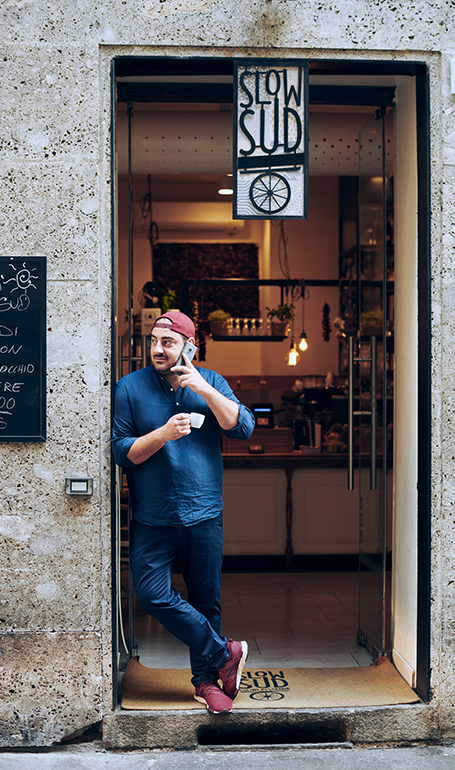
The best of Sicily – in the middle of Milan
SlowSud is located close by Milan Cathedral, in one of the narrow streets in the heart of the city. For lunch and dinner alike, locals and tourists love to come into this comfortable little eatery that specialises in Sicilian cuisine. Their response? Absolutely positive!
Luca and his colleagues are proud that their concept works – and that the traditional recipes from their home region are so well received. He says, ‘SlowSud gives us the chance to meet people from so many different areas and countries, to talk with them and to bring the energy, the tradition and the good things of Sicily here to Milan. It’s just a great feeling.’
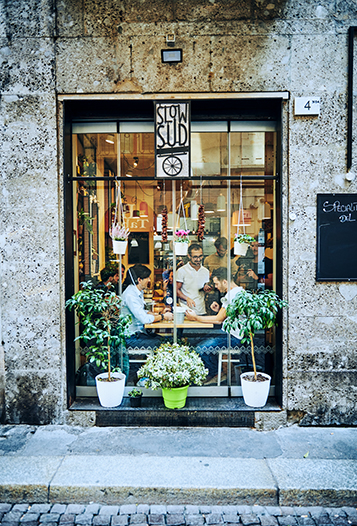
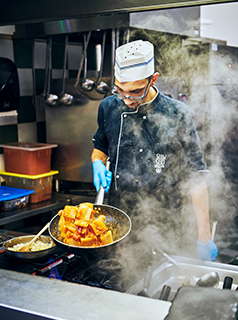
Everything under control
Many restaurant operators in Milan still work mostly with analogue systems. Not Luca at SlowSud: he is convinced that using digital applications is decisive in being able to succeed in the face of tough competition. With the help of the cash register system, for example, he keeps an eye on all the products that the SlowSud kitchen uses, as well as the dishes prepared and the sales generated by the restaurant.
All with just a few mouse clicks.
Watch video again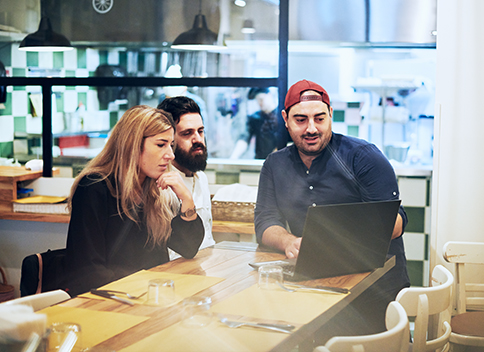
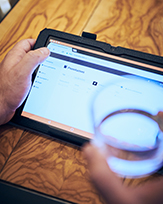

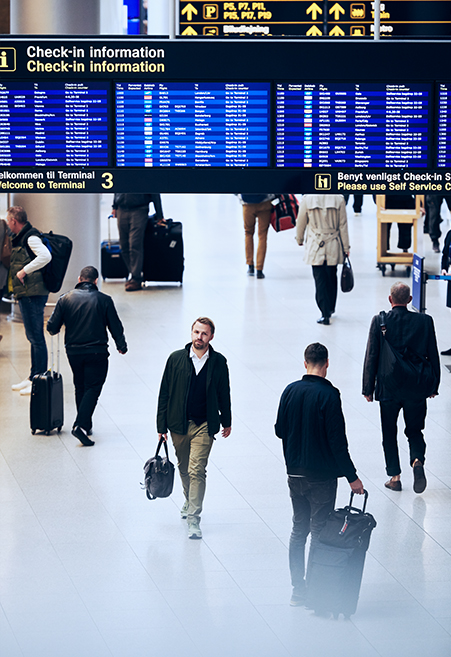
In constant dialogue
Tim Kruppe works at Hospitality Digital – with a clear mission: ‘We recognise that pressure is increasing, especially on independent entrepreneurs, due to competition from system catering as well as ever-increasing administrative requirements,’ he says. ‘Therefore, we seek to identify digital solutions that assist restaurateurs in their daily operations, lighten their load and make them more successful.’
Tim’s mission keeps him on the go. He visits restaurateurs who are participating in the project METROpolitan Pilot in various cities and is in constant dialogue with start-ups – so that he understands exactly what solutions will help them.
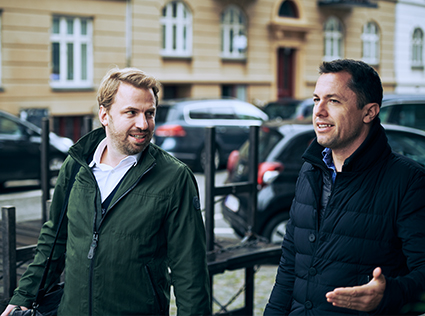
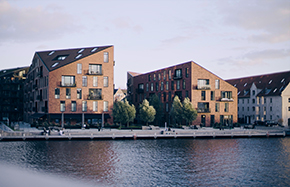
Matching problems and solutions
In the project METROpolitan Pilot, Hospitality Digital has tested more than 100 solutions from start-ups. One of these is Planday. The Copenhagen-based company has developed, among other things, a solution that automates time-consuming and previously largely paper-based personnel planning as well as time tracking in hospitality businesses.
Tim Kruppe accompanies this development and maintains an ongoing exchange with start-ups like Planday in order to discuss and plan matters with his partners. He says, ‘We initially had around 30 restaurateurs in Germany test the tool. The feedback was so positive that we’re currently offering the tool to suitable customers all across Germany.’
Watch video again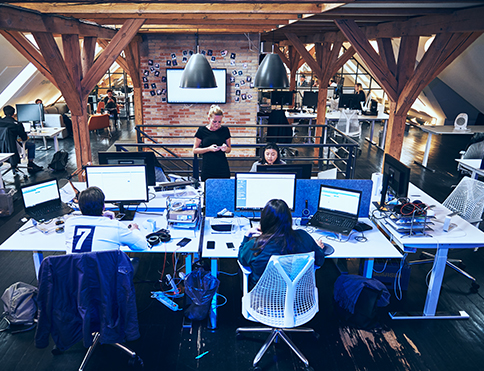
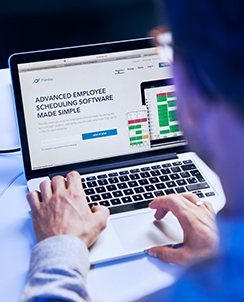
Discover more
WE ARE ON THE MOVE

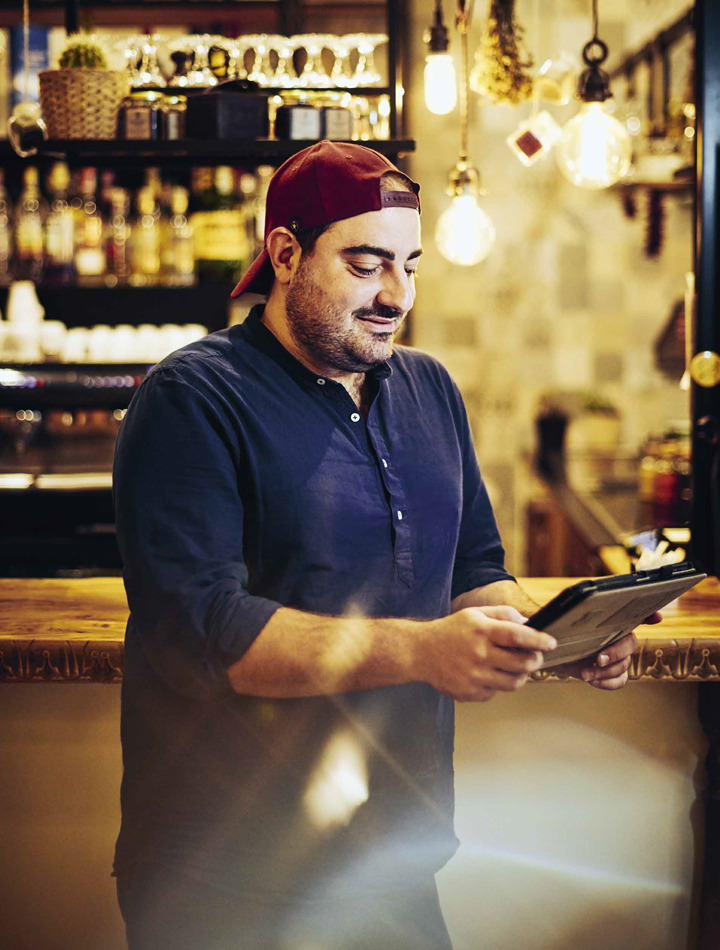

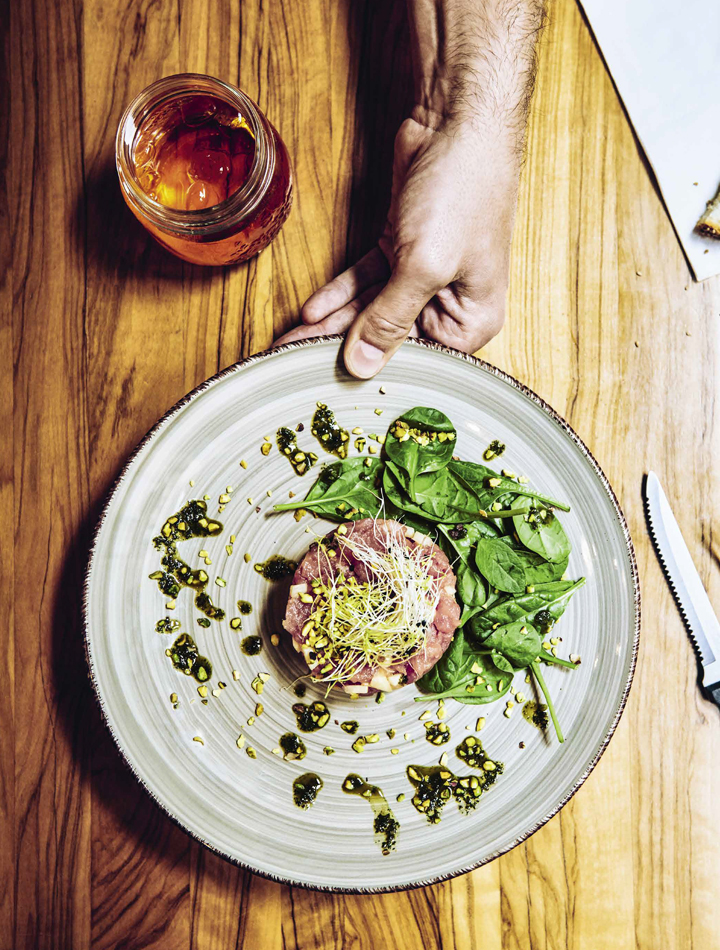
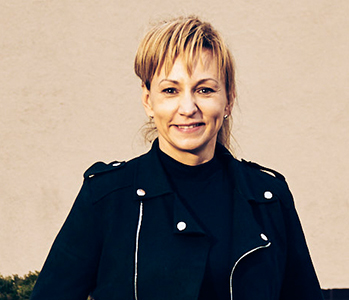
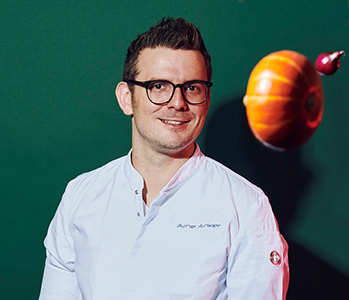
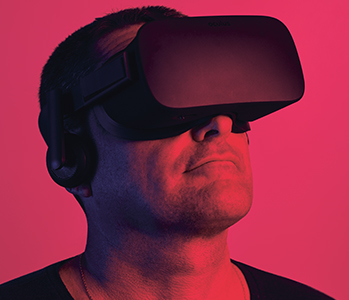
In Europe, there are 1.8 million food service businesses with a purchasing volume of around €120 billion. This is no doubt the most exciting industry that largely has yet to be digitalised!
@METRO_News